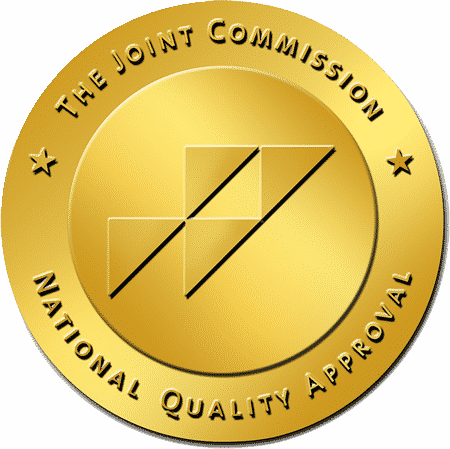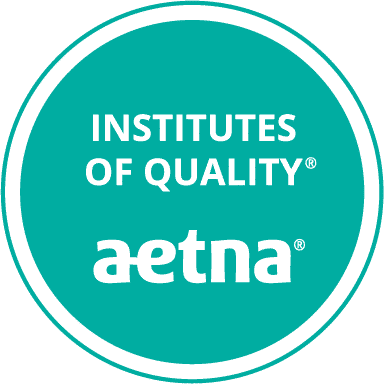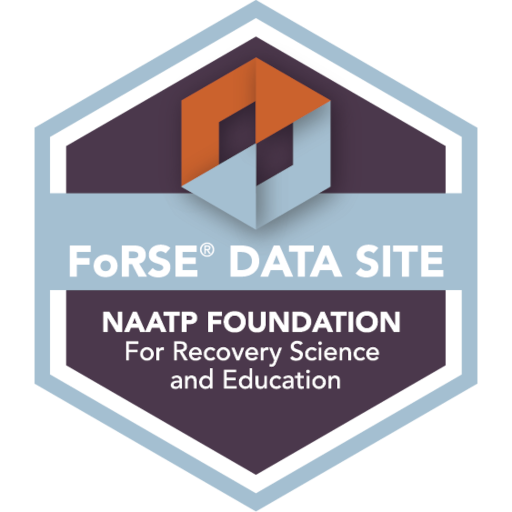According to the National Institute on Drug Abuse, more than 85 percent of people in recovery from alcohol or drug addiction begin using again within a year of stopping.
Relapse is a process–recognizable, preventable, and treatable. Recognizing the warning signs and preventing relapse is the best what to treat it.
La Hacienda Treatment Center enhances the relapsed patient’s potential for long-term sobriety through the specialized and focused treatment of our Relapse Program.
Focus on Individual’s Issues

La Hacienda’s Relapse Program provides specialized education and process groups which focus on specific problematic issues the patient is presenting. Those who have relapsed are able to explore thoughts, feelings and behaviors which contributed to their relapse and identify future threats to recovery.
Patients learn to identify mistaken beliefs about relapse and their justifications and relapse warning signs. They also work through the shame, guilt and fear associated with having been on the road of recovery and then relapsing.
Cues of Relapse to Drug Abuse
Scientists say that certain cues may trigger a person to relapse.
People in recovery are vulnerable to cues they associate with their former drug addiction, according to the National institute on Drug Abuse. (NIDA). People who were a part of their drug addiction scene or places where it happened are examples of these cues.
In a process called “incubation of craving,” the cues may grow stronger over time and trigger a relapse to drug use.
Basics of Relapse Prevention
Relapse has recognizable stages, and each stage has risks that could lead to relapse, says S. M. Melemis in “Relapse Prevention and the Five Rules of Recovery”(The Yale Journal of Biology and Medicine, 2012).
In treatment, patients learn how to recognize the early stages, in which the chances of relapse prevention are greatest.
The main relapse prevention tools are cognitive therapy and mind-body relaxation. They change negative thinking and develop healthy coping skills.
Most relapses relate to a few basic rules. Educating patients about these rules can help them focus on what they need to do to prevent relapse.
Recognizable Stages of Relapse
Relapse actually begins weeks before a person in recovery takes a drink or drug. Treatment programs can teach patients how to recognize the warning signs so they can prevent relapse early in the process.
Various professionals cite different stages. For simplicity, let’s go with a three-stage model.
Emotional Issues
Patients in recovery are not thinking about using again after treatment, but their emotions and behaviors set them up for relapse. Denial is a significant factor in this stage.
Signs of emotional relapse include stifling emotions, being alone, avoiding meetings, not sharing during meetings, emphasizing other people’s issues, poor nutrition, and lack of sleep.
Mental Relapse
During mental relapse, the person in recovery is at war with themselves within their mind. As it proceeds, cognitive resistance to drug abuse lessens and their need to “escape” through drug use increases.
Signs of mental relapse include a craving for substances, memories of past use, minimizing the risks or glamourizing past use, making deals, lying, thinking they can control use better this time, looking for opportunities, and planning how to do it.
Physical Relapse
Physical relapse is when the person ingests the substance.
This is often an act of opportunity. The person thinks they can get away with a drink or a pill and no one will know about it. These are the type of situations those in the recovery process need to mentally rehearse so they can recognize them and prevent relapse.
Learning the necessary coping skills and having a relapse prevention plan is essential to staying sober.
Relapse Prevention Tools
As noted above, the primary tools for preventing relapse are cognitive behavior therapy and mind-body relaxation. Let’s look closer at them.
Cognitive Behavior Therapy
Cognitive behavior therapy is a proven tool for offsetting negative thinking and developing healthy coping skills to avoid future relapses.
Addictive thinking is all-or-nothing thinking. It negates positive thoughts, makes everything a catastrophe, and promotes self-doubt. This leads to anxiety, resentment, stress, and depression.
Cognitive behavioral therapies break down addictive thinking habits and retrain thought patterns to produce healthier ways of reasoning.
Mind-Body Relaxation
Mind-body relaxation is proven to help reduce drug and alcohol abuse and is effective in long-term efforts to prevent relapse. It counteracts stress and tension, which are basic triggers of addiction relapse.
Mind-body relaxation helps people avoid dwelling on the past or worrying about the future. It is a way of being kind to oneself. Self-care during this practice can carry into the rest of the person’s life.
The Basic Rules of Recovery
Change Life Patterns
Creating a new life alters the patterns which led to addiction in the first place. Relying on old patterns will likely result in full-blown relapse.
Changes should include altering negative thinking patterns, avoiding people and activities related to one’s former addiction, and following the rules of recovery.
Be Honest with Oneself
Addicts lie about using substances and about planning their relapse. And they lie to themselves.
To prevent future relapses, one must be honest with oneself about their actions and the results. It’s an important method to avoid relapse.
Seek Help from Others
Joining a self-help group like AA or NA is proven to lower relapse rates.
Benefits of active participation in one of these include not feeling alone, hearing the voice of addiction from others, learning successful coping skills from others, and having a safe, non-judgmental place to go.
Self-help groups also help individuals overcome their sense of guilt and shame and feel that they are worthy of recovery.
Practice Self-Care
Substance use happens when people seek to escape reality, rest, or get a buzz. Acknowledging these objectives during individual therapy helps the person realize the importance of self-care and seeking healthier choices.
There is clinical evidence that persons with a substance use disorder tend to care less for themselves than they should. As a result, they become resentful and turn to greater substance abuse.
The challenge to their addictive behavior is to convince them to take better care of themselves.
Don’t Bend the Rules
The recovery process is best accomplished by the proven methods, but the temptation is strong to do it “my way.”
If someone is looking for loopholes, chances are they are bending the rules. This is especially true in early recovery when most people won’t or cannot admit the extent of their addiction. They are at a higher risk of relapse with this thinking.
The goal is for them to move to truly being non-users ready to start the next chapter of their lives and to really change their thinking and habits. (Melemis, 2012)
How Can Family and Friends Help?

Family members and friends can help people avoid relapse into substance use disorders.
They can regularly attend Al-Anon (or similar support group) meetings and learn from their peers.
They should practice self-care so they can provide a strong support network for the person in the recovery process.
They should be truthful with each other, children, and the person in recovery, but do so in a non-confrontational manner.
They should be aware that the person in recovery will probably have post-acute withdrawal symptoms (PAWS).
Mental Health Issues and Relapse



Individuals diagnosed with both a mental health issue and a substance use disorder have high rates of relapse.
They are dealing with two or more health conditions and have greater symptom levels. This impairs their natural ability to cope with the stress of their condition and increases the risk of relapse.
The magnitude of substance abuse among mentally ill individuals, and their associated problems, brings up several important questions.
- Can these patients maintain abstinence following treatment?
- What is the relapse rate for individuals with mental health disorders?
- What factors pertaining to persons with mental health disorders foretell relapse to substance use?
Treatment Programs Cover Relapse Prevention
A treatment program through reputable addiction treatment facilities or outpatient programs provides patients and their families with education and training in how to live a drug-free life, but it also prepares them in the event that relapse occurs.
Treatment providers know that many people relapse despite successfully ceasing to use drugs or to drink alcohol. And they know that relapse happened despite their best treatment program plans.
A relapse prevention plan is not a guarantee of lifelong recovery. There are too many human variables and medical complications, such as chronic diseases and mental health conditions, to say relapse will not happen.
What such treatment facility programs can do is provide treatment options that aim to avoid a full-blown relapse to serious drug addiction. They can help the patient and family members regroup and try again. And they can help them recognize where things went wrong and how relapse can be avoided and how they can remain sober.
Smart recovery programs emphasize the value of behavioral therapies and debunking the “just one drink” philosophy held by persons in recovery already planning their relapse.
Addiction Treatment at La Hacienda
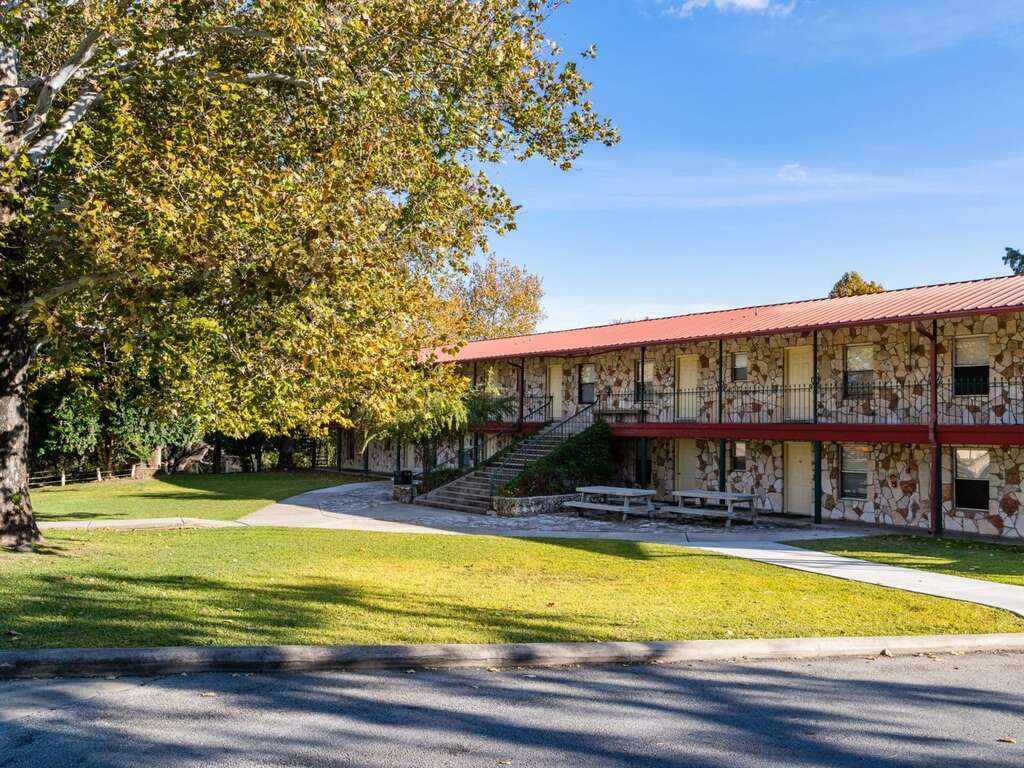
Well-known among treatment providers nationally, La Hacienda Treatment Center has successfully cared for persons with substance use disorders since 1972.
The evidence-proven addiction treatment program includes education and training for patients and their families regarding the hazards of relapse.
Addiction treatment includes a thorough health assessment upon admission. This helps the medical staff identify other chronic diseases and plan a treatment program to fit the patient’s personal needs.
That program includes individual and group therapy with licensed clinicians, daily visits with the medical staff regarding physical health, and a thorough introduction to the 12-step program.
Part of the patient’s support system while on campus is community fellowship of the patients where they find strength and learn from others who have been involved in alcohol or drug use.
Meditation to help manage stress is one is one of the optional skills taught during treatment. A continued recovery plan with goals for 30 and 90 days and one year is also part of the program.
It has been found that many patients who relapse lost their focus on the 12 steps. La Hacienda emphasizes step work and aids these patients in moving beyond their previous “stuck points.”
Patients help develop their own continued recovery care plans and are encouraged to find post-treatment counselors and 12-step sponsors who are compatible with relapse prevention concepts.

Relapse Prevention
The primary tools for preventing future relapse are cognitive behavior therapy and mind-body relaxation. Most addiction treatment programs make relapse prevention a part of their education and training.

Signs of Relapse
A change in attitude, increased stress, more denial, a recurrence of withdrawal symptoms, behavioral changes, less socializing, abandoning routines, trouble making decisions, irrational choice-making, and limiting one’s choices are some signs of relapse.

Trading Addictions
People in recovery from a substance use disorder sometimes trade one addiction or addictive behavior for another. Becoming compulsively involved in an activity such as work or exercise can be a positive, but if the person is trading a new addiction for the old one, it may interfere with their recovery.

Relapse Definition
Relapse is a return to substance use after an attempt to stop. Relapse rates for substance use are similar to those for other chronic medical conditions. People who abandon their approved continuing care treatment plan are more likely to relapse than those who stick with it.
Melemis S. M. (2015). “Relapse Prevention and the Five Rules of Recovery.” The Yale Journal of Biology and Medicine, 88(3), 325–332. https://www.ncbi.nlm.nih.gov/pmc/articles/PMC4553654/
